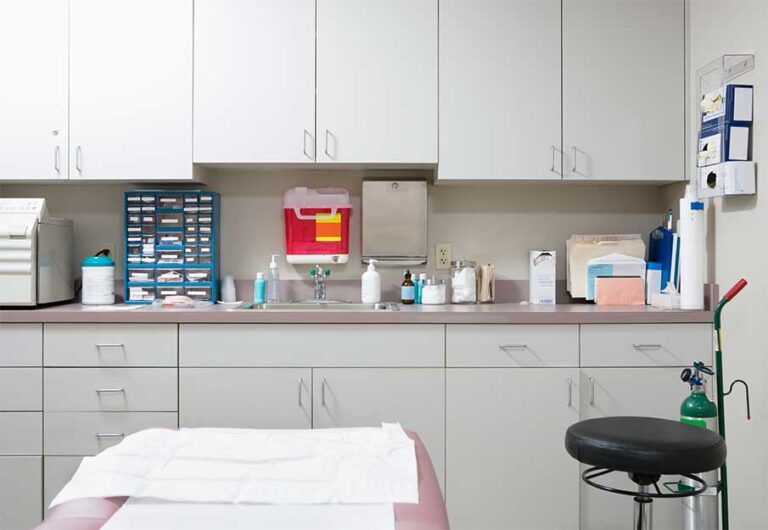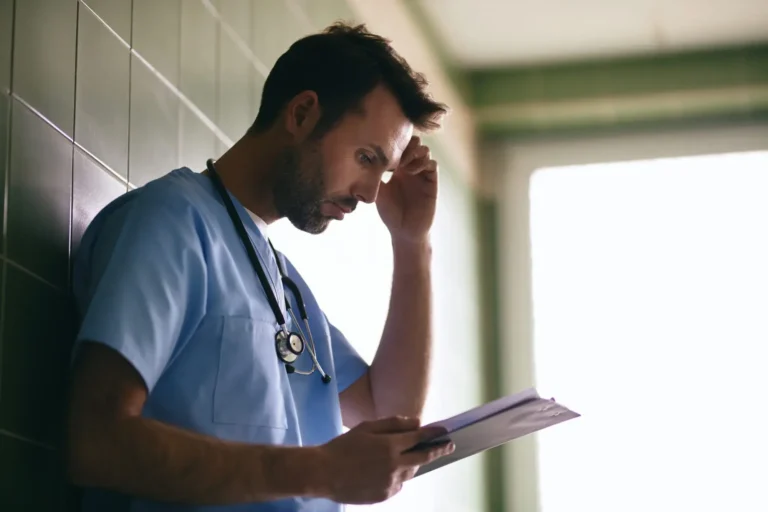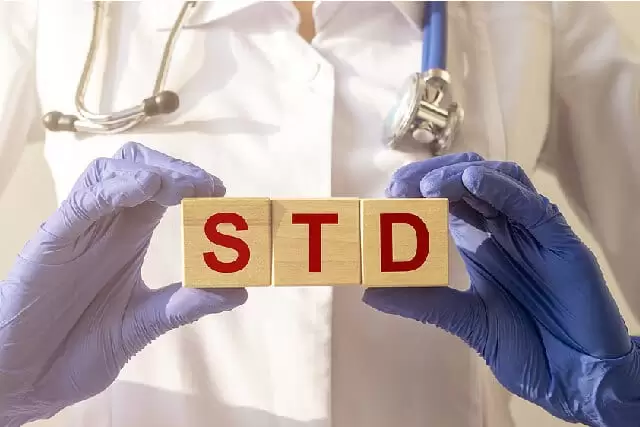“Reinfection”: Can You Get the Same STD Twice?
Sexually transmitted diseases (STDs) are common, and thanks to modern medicine, many are treatable. However, a question often arises: Can you get the same STD twice? The short answer is yes. Reinfection is possible and even common for certain STDs if precautions are not taken. Understanding how reinfection works and the steps to prevent it is crucial for maintaining sexual health.
For residents of Jacksonville, Florida, this topic holds significant relevance. With resources like Hope Across The Globe providing STD Testing Jacksonville, FL, individuals can access education, testing, and treatment to address these concerns effectively.
What Is Reinfection?
Definition
Reinfection occurs when someone who has successfully treated an STD gets the same infection again. This can happen if the person is exposed to the same bacteria or virus through unprotected sex with an infected partner. Reinfection is different from a recurring infection, which involves the same infection flaring up again without new exposure.
Common STDs Linked to Reinfection
Some STDs are more likely to cause reinfection due to their nature and prevalence. These include:
- Chlamydia: Reinfection rates are high, especially among young adults.
- Gonorrhea: Antibiotic resistance has made reinfections more challenging to treat.
- Syphilis: Early treatment is effective, but exposure to an infected partner can lead to reinfection.
- Trichomoniasis: Reinfection is common, even after treatment.
How Reinfection Happens
Unprotected Sex
One of the most significant risk factors for reinfection is engaging in unprotected sex with an infected partner. Using protection, such as condoms, can reduce the risk but is not 100% foolproof.
Untreated Partners
If a sexual partner remains untreated, they can pass the infection back, leading to a cycle of reinfection. Both partners must complete treatment and abstain from sexual activity until cleared by a healthcare provider.
Misdiagnosis or Incomplete Treatment
Sometimes, symptoms disappear before the infection is fully treated, leading individuals to resume sexual activity prematurely. Regular follow-ups and accurate diagnosis are essential to confirm the infection has been eradicated.
The Importance of Diagnosis in Reinfection
Early Detection
Routine diagnosis is critical for detecting reinfection early. Facilities like STD Testing Jacksonville, FL, offer comprehensive services to help individuals stay informed about their sexual health.
Monitoring After Treatment
Regular Diagnosesers often recommend follow-up diagnoses several months after treatmeent, especially for infections like chlamydia and gonorrhea. This ensures that reinfection has not occurred.
Education and Counseling
Education is a cornerstone of prevention. Clinics in Jacksonville, Florida, often provide counseling to help individuals understand their risks and take proactive measures to avoid reinfection.
How to Prevent Reinfection
Open Communication with Partners
Honest discussions about sexual health with partners are vital. Sharing testing history and agreeing on a mutual diagnosis can reduce the risk of reinfection.
Consistent Use of Protection
While not foolproof, condoms and dental dams significantly reduce the risk of transmitting STDs. Consistent and correct use is essential.
Regular Diagnosis
Regular diagnoses for sexually active individuals ensure early detection and treatment of infections, minimizing the chances of reinfection.
Completing Treatment
It is crucial to complete the full course of prescribed medication, even if symptoms disappear. Skipping doses can leave the infection partially treated and increase the likelihood of reinfection.
Local Resources for Reinfection Prevention
In Jacksonville, Florida, individuals have access to numerous resources, including Hope Across The Globe. Hope Across The Globe provides education, support, and access to healthcare services for those affected by STDs. Local clinics offer confidential diagnosis and treatment options, ensuring individuals can address their sexual health needs effectively.
FAQs About Reinfection
1. Can I get reinfected with an STD if my partner is untreated?
Yes, untreated partners are a significant source of reinfection. Both partners should get tested and treated before resuming sexual activity.
2. How soon after treatment can I get tested again?
For many STDs, a follow-up diagnoses is recommended about three months after treatment to ensure the infection has been eradicated and reinfection has not occurred.
3. Are some STDs more likely to cause reinfection?
Yes, STDs like chlamydia, gonorrhea, and trichomoniasis have higher reinfection rates due to their prevalence and ease of transmission.
4. Can reinfection occur even with protection?
While protection reduces the risk, it is not 100% effective. Reinfection can still occur if there is contact with infected fluids or lesions.
5. Where can I get tested in Jacksonville, Florida?
Facilities like STD Testing Jacksonville, FL, provide reliable and confidential diagnosis services for residents of Jacksonville.
Breaking the Cycle of Reinfection
Reinfection is a preventable issue with the right knowledge and actions. For individuals in Jacksonville, Florida, leveraging resources like Hope Across The Globe can make a significant difference. By prioritizing regular diagnoses, open communication, and safe practices, it is possible to maintain sexual health and avoid the challenges of reinfection.
Take charge of your health today by scheduling a visit to a trusted clinic and fostering honest conversations with your partners. Reinfection doesn’t have to be a recurring problem—awareness and proactive care can break the cycle for good.





